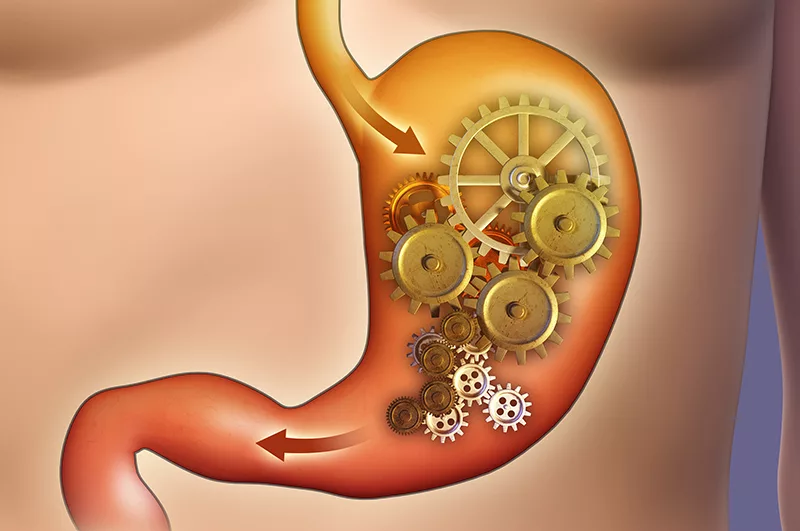
Gastroparesis Awareness Month is celebrated in August
The inability of the stomach muscles to empty properly is known as gastroparesis. Food normally moves through the digestive system due to powerful muscle contractions. When these contractions are weak or nonexistent, as they are in gastroparesis, food remains in the stomach for an excessively long time. This has the potential to cause uncomfortable symptoms that can interfere with your day-to-day routine.
Causes
There are numerous factors that can lead to gastroparesis. Diabetes is a prevalent cause, particularly when it is not properly managed. Additional potential causes include:
- Surgery: Operations on the stomach or nearby organs can affect the vagus nerve, which controls stomach muscles. If the vagus nerve is damaged, this can affect how the stomach muscles contract and clear out the stomach, leading to gastroparesis.
- Medications: Certain drugs, such as narcotics, certain weight loss medications, and antidepressants, can slow stomach emptying.
- Neurological Disorders: Conditions like Parkinson’s disease and multiple sclerosis can impact nerve function, leading to gastroparesis.
Symptoms
The symptoms of gastroparesis can vary from mild to severe and often include:
- Nausea and vomiting, especially after meals
- Feeling full quickly after eating only a small amount of food
- Abdominal pain
- Bloating
- Poor Appetite
- Unpredictable blood sugar levels in diabetic patients
Treatment
Here’s a breakdown of common treatments:
- Dietary Changes: Smaller, more frequent meals may help. Soft, readily digested meals are more easily digested, whereas high-fat and high-fiber foods take longer to clear out of the stomach. Sometimes, a liquid diet is needed.
- Medications: Numerous medications may help control discomfort or contract the stomach muscles, but should be discussed with a doctor beforehand due to the risks of side effects.
- Blood Sugar Management: For diabetic patients, maintaining stable blood sugar levels is crucial. This may include increasing the frequency of blood sugar checks and modifying medication regimens to better control diabetes.
- Other Options: In severe cases, procedures like gastric electrical stimulation, where a device sends mild electrical pulses to the stomach muscles, can be considered.
Although managing gastroparesis may be difficult, being aware of the illness and adhering to a treatment plan can significantly improve your quality of life. For a comprehensive assessment and individualized treatment plan, speak with your gastroenterologist if you think you may have gastroparesis. Remember, early diagnosis and management can make a big difference!


